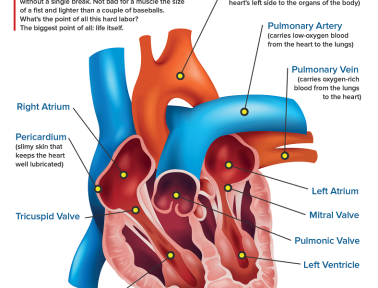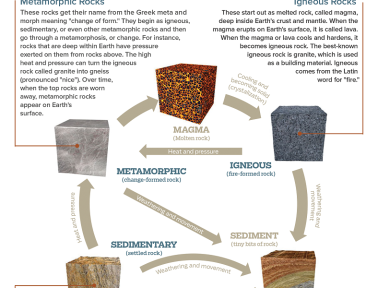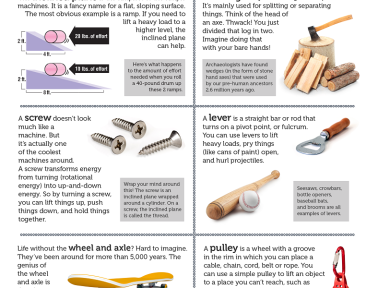Just over a month earlier, I wrote Why We Must Make Use Of Big Words with Little Kids. I would highly suggest reading that if you haven’t already. Today is just an expansion of that post, linking the concepts I blogged about there, with early literacy.
Attaching both is not difficult in all when you consider it. Oral language is the structure for literacy! In numerous cultures, tales as well as records began with oral practices, which later on progressed into composed documents. We read and also compose because we are a spoken culture, not vice versa. Without a firm grip of language and a strong vocabulary, reviewing ends up being a series of nonsensical audios. It is the significance derived from those sounds that makes it wonderful.
Having a solid vocabulary likewise fast-tracks the deciphering process and also helps with understanding. Consider your very own reading practices. Have you ever find a word in print that you had never listened to before? In instance you haven’t, here’s one to try: sgiomlaireached. Did you all of a sudden seem like a having a hard time viewers? As you translated that word, exactly how specific were you that you had done so appropriately? It’s much tougher to read words we don’t have in our own vocabulary. (Incidentally, if your inquisitiveness has reached you, you can discover the meaning– as well as several other odd words below.)
Be Language Abundant
So below are a couple of ways to enhance oral language skills with those you enjoy and also show:
- Check out as well as go over a selection of categories.
- Participate in dialogic analysis. (utilizing “WH” concerns during shared reading– “Why did he hide in the tree?” “That is he discussing?”)
- Use rare words around youngsters. Not always those on the checklist I discussed above, yet words grownups frequently “dumb down” for youngsters. I often hang out a brand-new word and also await youngsters to ask what it implies– revealing me they’re thinking about words. Or I’ll utilize a brand-new word, adhered to by easier words that clarify the definition.
- Be meaningful, narrative, as well as involving as you speak or check out.
- Take part in (as well as encourage) initial story-telling along with story-acting.
- Usage decontextualized speech (discussing the “there” and “after that” rather than the “right here” as well as “currently”). This aids make that mental link to the abstract.
- Support dramatic play.
- Encourage conversation. Kids obviously build a lot more verbal abilities by being verbal than by passively paying attention to talks.
- Supply creatures for children to use. This is specifically beneficial for youngsters that may be as well reluctant to speak up by themselves.
- Let kids be heard! Use PVC phones ( which are quite easy to create yourselves from run-of-the-mill pipelines in your home Depot) to aid kids hear themselves (which additionally motivates fluency as well as phonological understanding). Offer microphones. Whether pretend, linked to an amplifier, or the echo type found in dollar shops, these props encourage youngsters to speak and also can create a system for taking turns speaking.
- Develop a word journal where youngsters can write (or have you create) brand-new and fascinating words which they can then show to convey personal significance.
Exactly how do you urge verbal growth in the children you love and educate?
Top picture by Tim & Annette.










